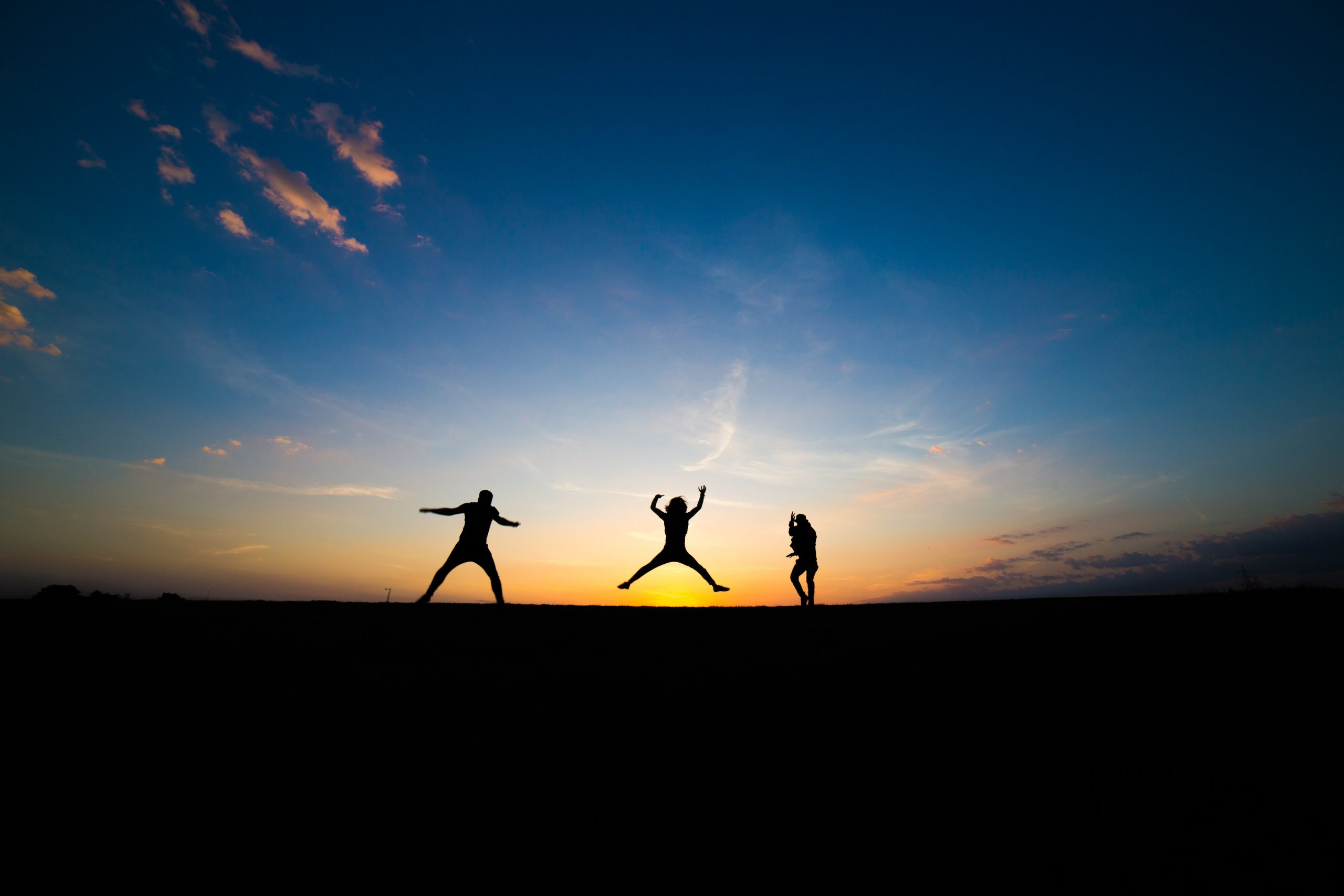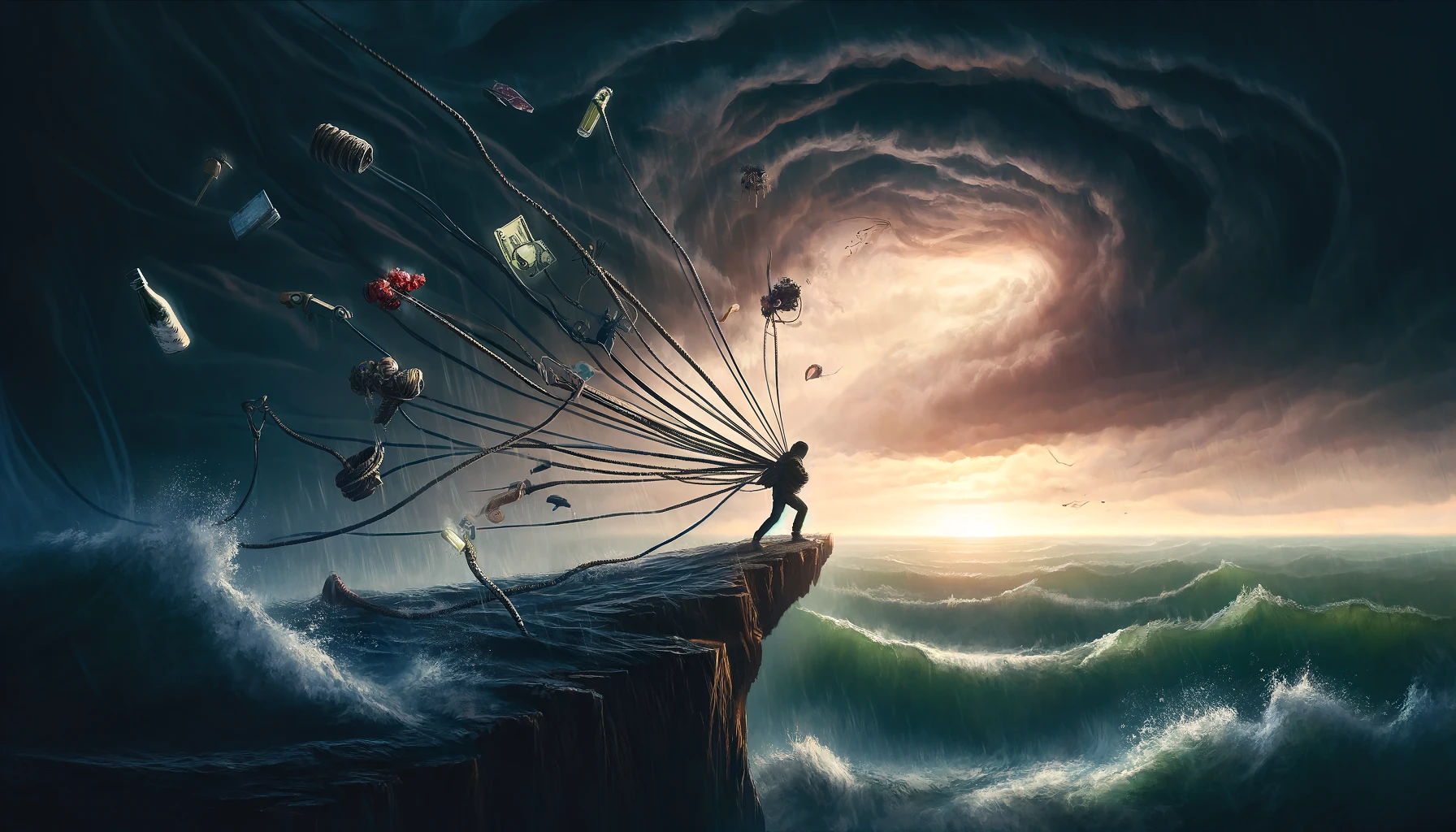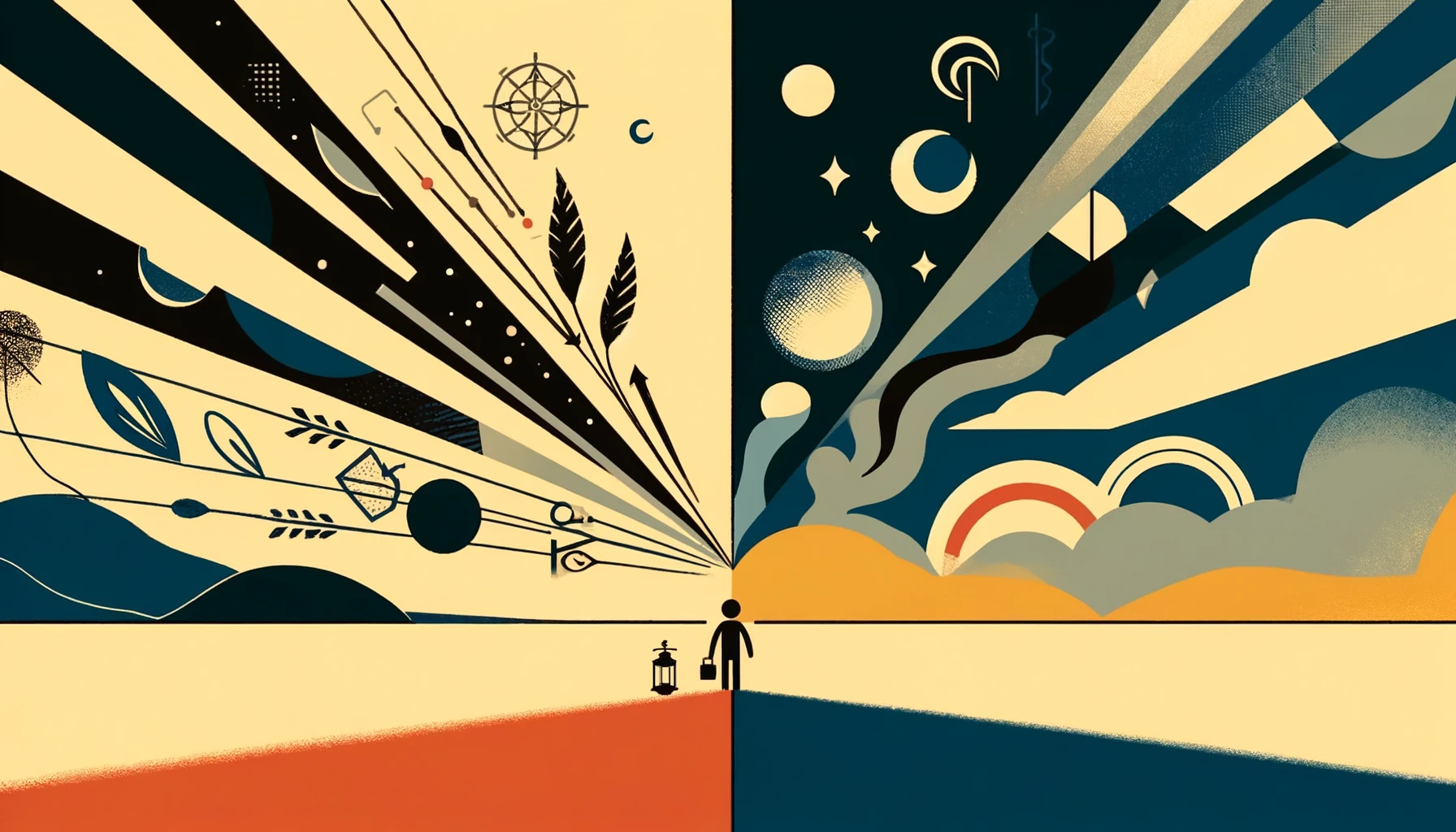September is National Recovery Month and we want to celebrate by featuring and rewarding you. After all, if you didn’t exist, we would just be writing this for ourselves.
How do we want to feature and reward you, you ask?
We want to welcome you into the Genius Recovery family. This could mean featuring you as an expert we interview. It could mean bringing you in as a paid contributor. We’re not entirely sure yet. What we are sure of is that we want to start by asking you to share your recovery story with us.
Here’s how it works…
Many of us are used to sharing our “experience, strength and hope.”
Well, to celebrate Recovery Month, we’d love to hear less about your addiction and more about your recovery. In fact, we’d specifically like to know—in stories that are 500 words or less or videos that are two minutes or under—about the impact community, nutrition or environment has had on your life since you put down substances and picked up life.
Once you’ve written your essay or created your video, please message us on Facebook and add the video or story as an attachment. Please also include your mailing address.
Why do we want your address? Well, we will read through all the entries and select some to publish both on our site and on our social media. IF your story is selected, we will send you a copy of our book, The Miracle Morning for Addiction Recovery.
YES, we want to both feature you on a site that has contributors like Dr. Gabor Mate and Tommy Rosen AND send you a copy of our #1 bestselling book.
Need help getting started? Think about the friends you’ve made in recovery, the way your diet has changed (trading vodka for smoothies, anyone?), the woo woo activities you’ve embraced or anything else that might have horrified the old you (but thrills the new one).
We are so excited to celebrate your genius in recovery.




